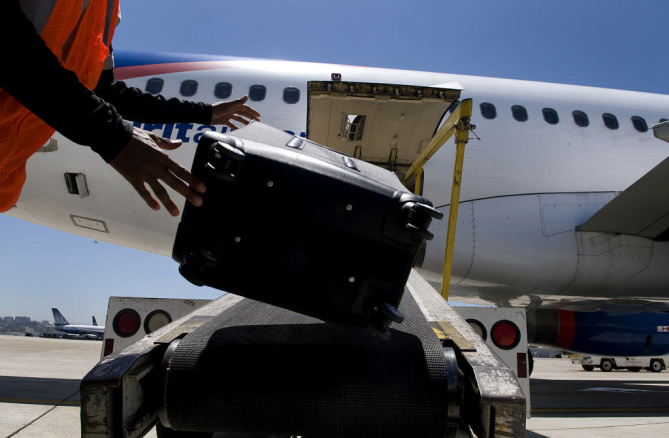CHRISTIANSTED — A man was given five years in prison for trying to engineer the movement of 4.4 pounds of cocaine through the St. Croix airport bathroom last year.
Keithley Parris, 34, appeared before Visiting U.S. District Court Judge Ann E. Thompson and was sentenced today on one count each of conspiracy to possess cocaine with intent to distribute and possession of cocaine with intent to distribute.
Parris was previously convicted on those charges after a week-long jury trial on May 28, 2021.
Judge Thompson sentenced Parris to 60 months in prison, to be followed by four years of supervised release, a fine of $1,000 and a $200 special assessment.
According to court documents and evidence presented at trial, Parris conspired with co-defendants Don-Luke George and Zion Hazel in April of 2018 to smuggle two kilograms of cocaine thru the St. Croix Henry E. Rohlsen Airport with the intent to transport the cocaine to Miami via an American Airlines flight.
Evidence presented at the trial showed that Parris organized and planned the operation; recruited George and Hazel to participate; supplied the cocaine to George; paid George $1,000 to bring the cocaine into the airport; and subsequently directed and monitored the operation via text messages with George and Hazel while the operation was unfolding at the airport.
As part of this scheme, on April 12, 2018, George, who was employed at the airport, smuggled the four
bricks of cocaine into the passenger waiting area of the airport and delivered them to Hazel in the handicap stall of the men’s restroom. Hazel was a passenger on the outgoing American Airlines flight but was intercepted with the cocaine prior to boarding his flight by U.S. Customs and Border Protection officers.
U.S. Customs and Border Protection (CBP) and Homeland Security Investigations (HSI) investigated the case. The U.S. Drug Enforcement Administration (DEA) Southeast Laboratory in Miami analyzed the cocaine.
Assistant U.S. Attorney Daniel H. Huston prosecuted the case.
This prosecution is part of an Organized Crime Drug Enforcement Task Forces (OCDETF) investigation.
OCDETF identifies, disrupts, and dismantles the highest-level drug traffickers, money launderers, gangs, and transnational criminal organizations that threaten the United States by using a prosecutor-led, intelligence-driven, multi-agency approach that leverages the strengths of federal, state, and local law enforcement agencies against criminal networks.



